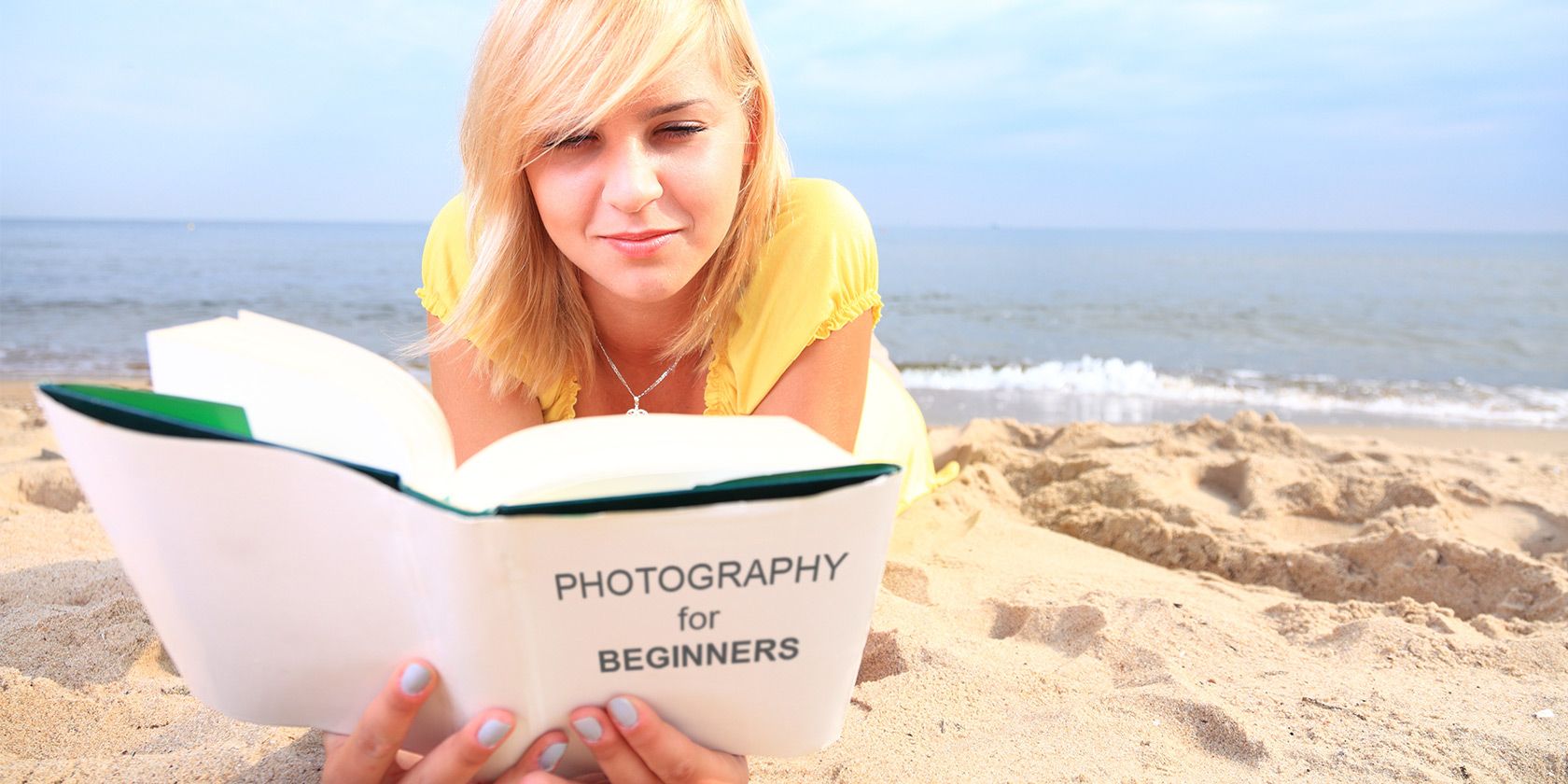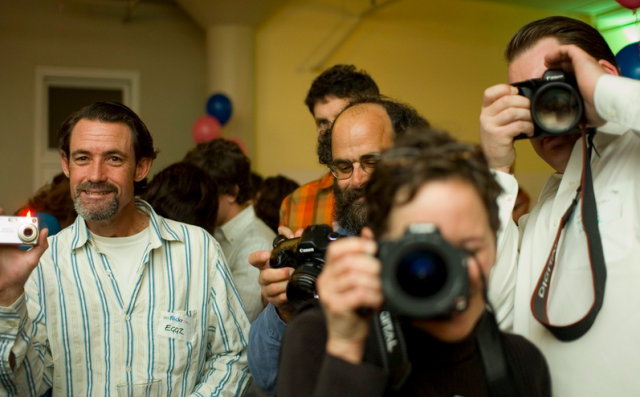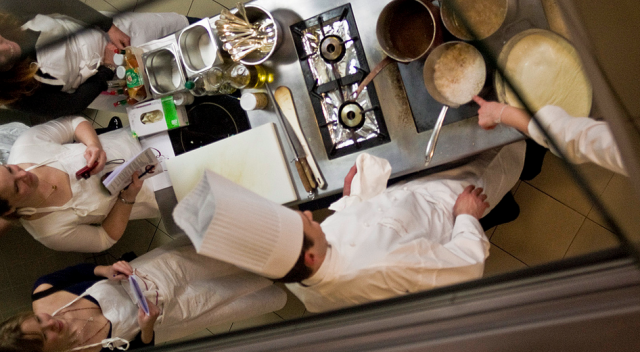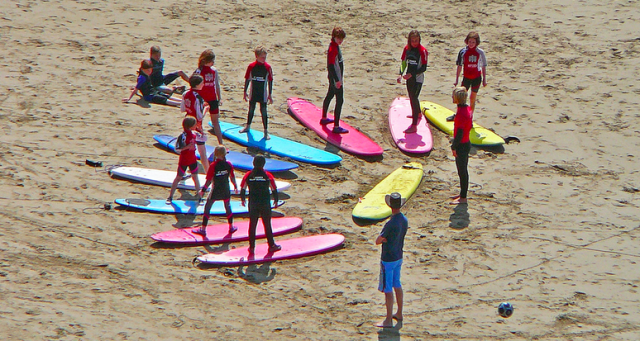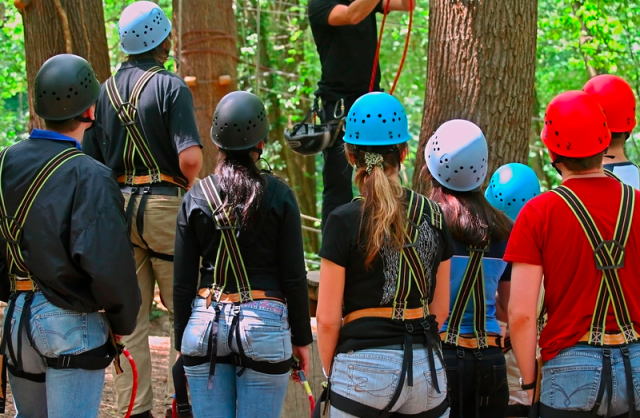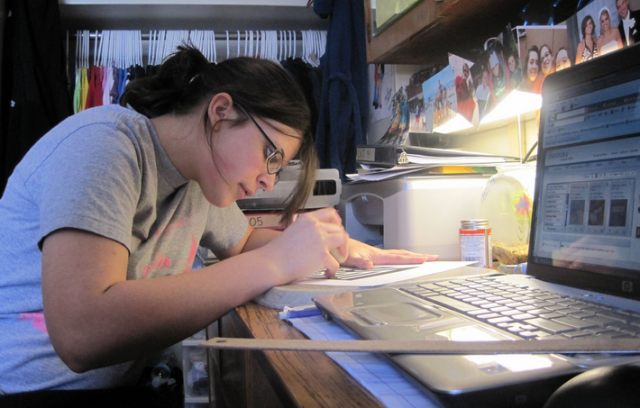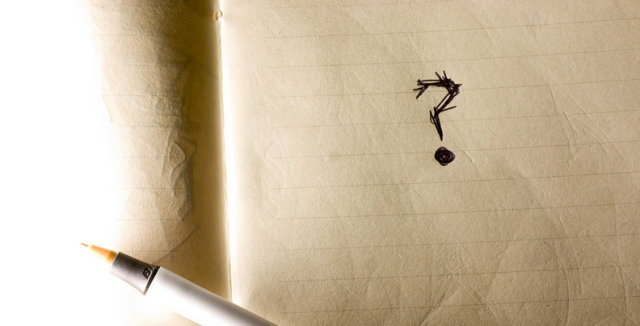Vacations are precious. So, given we all work so hard, we owe it to ourselves to make sure those vacations are spent extremely well. Learning vacations are an excellent way of doing just that.
A learning vacation (or a holiday for those across the pond) is where you choose to spend your vacation time, public holidays, or even unpaid vacations, pursuing something other than lying on a beach, topping up your tan. It's a way to regain some of that excitement and curiosity that you used to have, and to come back from your vacation having learned something new!
Remember those goals and passions that you placed to one side because you were too busy with your 40-hour-weeks, and weekends of recovery? A learning vacation can help you bring those goals and passions back, whether that's learning to paint, whittle, code, fly, taste wine, study Japanese design, or learn a new language.
Why Should I Take a Learning Vacation?
When you're forced to learn something new for work purposes, it can often seem like a chore as it's someone else placing more of their demands on your time. But when you choose to learn something new, it becomes play.
Play is something we've missed out on far too much since we reached adulthood, and this can have detrimental physiological, and psychological effects. Charlie Hoehn and Dr. Stuart Brown have both written entire books about this, and in Brown's own words:
"In a world of major continuous change (and we are certainly facing big changes economically now) playful humans who can roll with the punches and innovate through their play-inspired imaginations will better survive". (Amazon)
Brown also goes on to say, “the opposite of play is not work, it’s depression”. By setting some time aside to give in to our curiosity and dive into learning something new, to create, to explore, to focus on something different, just for the fun of it, we can more effectively recharge, reduce anxiety, and feel more as though we're doing something with our lives.
Sure, it's more than possible to learn things in the evenings, or during a few hours over the weekend. But by dedicating at least a couple of entire days to whatever it is you're learning, you can pick up momentum so much faster. You can recharge so much more quickly. And you can try something completely new with those vacation days you've been saving up.
How Do I Decide What to "Study"?
Once you've decided to take a learning vacation, you next have to settle on something to actually learn. One of the best pieces of advice I've heard about this is to -- "think back to when you were a kid. What did you want to do? What did you want to become?".
Thinking back to when play was a daily activity can shine a bright light on what you should be doing now. Maybe you wanted to be an explorer, a famous author, or a professional athlete. These are all hints as to what could be a successful learning vacation for you.
If this method doesn't come up trumps, simply think about those things you've put on the back-burner for far too long. Write everything down, no matter how silly, and you'll have a solid place to figure out which one to choose. This could be anything, from learning to write poetry, code a computer game from scratch, or study medieval history, to learning how cook Thai food, brew beer, or rock climb.
How Do I Get Started?
There are two main types of learning vacations: taught, and self-taught.
Taught learning vacations are the way to go when you want to meet interesting people, have someone on hand to answer questions, and feel more of a vacation "vibe".
Pursue a self-taught learning vacation if you're just as content gathering the learning resources on your own and finding an environment conducive to studying.
The aim with a learning vacation isn't necessarily to be in a new location (though this can be a great side-benefit), but to dive into something new, and come out of it with a new skill or appreciation that you didn't have before, without the vacation costing an arm and a leg.
So, once you've decided on the topic or skill you want to learn, it's time to research the people, companies and/or resources that can help you begin. Do your research and find out how long you need to "study". Book the time off work, make any other needed reservations, and set your vacation auto-responder. Nothing will help you commit to something more fully than actually spending money on it, and seriously committing it to your calendar.
To help get you started, here are some learning vacation ideas and resources that may be useful.
A Few Learning Vacation Ideas
Taught Learning Vacation Ideas
A quick Googling of the term "Learning vacations" will bring up plenty of reputable companies to show you what's available. Just a few of these include Shaw Guides, Transitions Abroad, Road Scholar, Travel Writing On Location and Adventure Finder. To give you an idea of the kind of courses and topics you could be considering, here's a very short, non-exhaustive list of ideas:
- Surfing
- Film Editing
- Writing in Greece
- Performance Driving
- Become an Astronaut
- Learn French in France
- Learn to cook Mexican Food
- Adventure Filmmaking
- Whale Photography
- Arts and Crafts
- Boat Building
- Sailing
- Diving
Self-Taught Learning Vacation Ideas
If you would rather take some time off work, and spend that time teaching yourself a new skill, or learning a new subject, there are tons of quality online courses you can take. Most of these will be video based, which you can follow at your own convenience. It's just a matter of deciding which one tickles your fancy the most.
A few course directories to browse include: CreativeLive, Codecademy, Coursera, FutureLearn and Udemy.
If you're after something very specific, you can also search YouTube channels and playlists, or go direct to Google. Some of these course may only run for a full day, but the rest of your learning vacation should be spent practicing the skills you learn. Here are a few more examples:
- Play Piano
- Learn to Code
- Woodworking
- Wine Tasting
- Paper Marbling
- Conversational Spanish
- Digitize Hand-drawn Art
- Scandinavian Mythology
- Fundamentals of Photography
- Setting up a Home Business
- Music Production
- Chalk Lettering
- Beer Brewing
What Would You Choose to Learn?
As you can see, there's a huge array of options for anyone interested in taking a learning vacation. The sheer number of options can be daunting, but remember, if the first learning vacation goes well, you can have many more. By taking the occasional one or two week learning vacation, along with various other weekend-long breaks, you'll have plenty of options to build up an impressive repertoire of skills over just a few short years.
Here's a video courtesy CNN that takes us to the John C. Campbell Folk School:
By making more productive (and fun) use of your "down time", you'll reap the physiological and psychological benefits that come with this form of play -- from reduced anxiety, increased energy, and a feeling that you're doing much more with your time than you were before.
If you could choose to study one thing during a learning vacation, what would it be?
Image Credits: woman reading a book via Shutterstock, Surfing School at Chapel Porth by Tim Green (Flickr) Quit Taking My Picture Already! by Stewart Butterfield (Flickr), Mirrored Ceiling by Tavallai (Flickr), Climbing Lesson by GtoG (Flickr), Studying by English106 (Flickr), Questioned Proposal by Ethan Lofton (Flickr)

